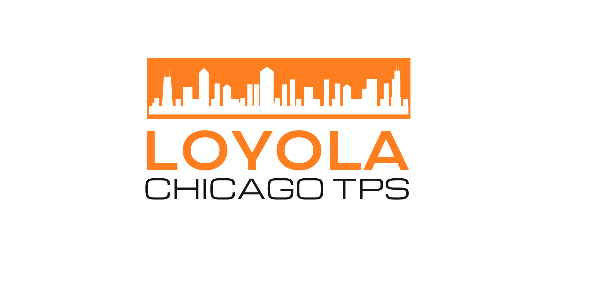Predictive scheduling is a concept which arose after an outcry about poor work-life balance for workers across all sectors. Research that was conducted about work patterns showed that people who worked longer hours, especially during times of the day which are considered resting time ended up stressed and had a higher probability of having domestic conflict. The laws stipulate that employees should be notified ahead of time. Here are the five things this site suggests that you need to know about predictive scheduling.
Does your business fall under predictive scheduling law?
Not all businesses fall under the predictive scheduling laws. However, if your business is located in a major city, has more than 20 employees and sells consumer goods in more than one store, you are a likely candidate. Also, if the store is part of a chain, the employee number is counted towards the 20-minimum threshold. If implemented well, it has potential benefits for small businesses.
Back to back schedules are banned
Under the new predictive scheduling laws, this Chicago employment lawyer explains that you are banned from assigning a single employee shift that close and opens your restaurant unless you allow them to take the needed rest break. The good thing about the law is that the employee has the right to accept an opening shift, as long as they put it down in writing. The remuneration for working these shifts will, of course, be higher than the normal rates. Note that if you have a number of employees agreeing to work the clopening shifts without a break, this money could accumulate to a substantial amount.
Adjusting the hiring process
The predictive scheduling laws stipulate that in order to relieve the current employees of their excessive workload, you need to hire extra help. The laws also stipulate that if the owner of the business wants to hire extra workers because the current ones are underperforming, they would have to fire the existing workers. In short, you cannot deny existing workers shifts because they aren’t performing and hire new people to do the work.
Informing the employees about the plan
Before you implement the predictive scheduling model, you should give clear communication to the employees, letting them know that they are now under predictive scheduling laws. This means writing a memo or notice and posting it where everyone can see. The actual schedules should also be in writing because verbal communication leaves your business in jeopardy.
Possible compensatory and civil lawsuits
Now that the new laws have been introduced, business practices will have to undergo huge adjustments. For instance, non-compliance with these laws could lead to lawsuits and other huge penalties.
It is, therefore, best to make sure that all your retail outlets are prepared for or have adopted the new scheduling laws. Look for software and applications which enhance the implementation of predictive scheduling for your business. In addition, make sure you have taken the employees through a crash course to help them understand the new laws. This training is essential because it reduces the possibility of misunderstandings becoming legal issues which could create losses for the business.

